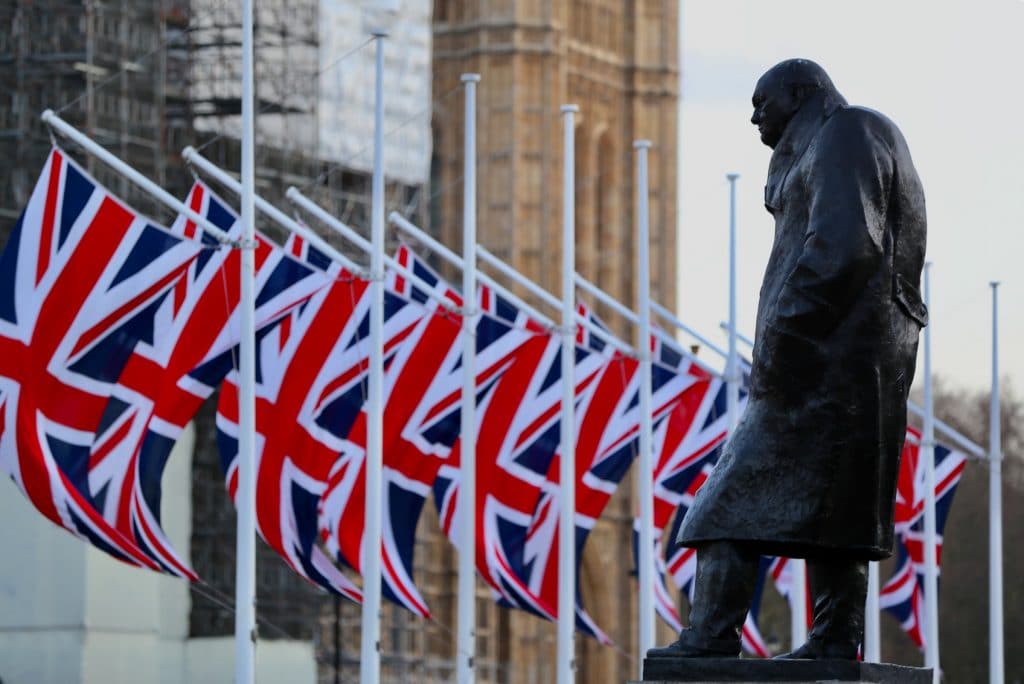Differences between how churches in the United States and England engage government are widely known, but in the modern age, they are often under-considered. In England, the state and the largest church, the Church of England, are integrated. In the United States, the state and the church, in total, are separate.
These distinctions provide some important things to consider about the interrelation of faith and government. Such observations challenge us to consider what people actually need. Moreover, in a constructive way, these differences help to foster questions about how the church might need to proceed in the future to garner public trust in order to meet public needs.
In England, the Church of England has largely been the primary purveyor of virtue throughout the history of the country. In many cases, those virtues have been integrated directly into the fabric of society, so much so that many people have forgotten how they became interwoven into society in the first place.

In the U.S., many of the teachings of the church have also been integrated into society. Both of these results make sense if Jesus actually came to start a redemptive process on Earth. If the world is being redeemed, then we should see progressing evidence of that fact over time.
But the difference in the U.S. is that, because there is a separation between the church universal and state, the church has had to constantly try to contextually reinterpret itself to remain relevant in the public eye. It has needed to pay attention to the needs of people in order to gain enough public support to impact governmental policy decisions. Tangentially, this may also suggest why the church in the US has focused so heavily on issues of social justice.
Across the pond, the Church of England hasn’t had to do this in the same way because it is actually part of the UK government and maintains that status permanently. The Church of England is not an outside influencer on government like churches in the U.S. and, as such, it is not as malleable by the general public as most protestant churches in America. But this raises the question: does such integration raise ecclesiastical concerns for the general populace in England when they lose trust in the government?
When governmental trust is lost in the U.S., people often largely turn to the church (or other religious establishments). A prime example of this followed the terrorist attacks that happened in the U.S. on September 11, 2001. When citizens thought that the U.S. government couldn’t protect them, churches were packed. As soon as details began to be released on what had happened, that initial massive attendance in churches began to dissipate.
If a person comes to a point where they don’t trust the government, then would that person really be able to trust a church that part of the government?
But, when considering such a scenario with the Church of England, a whole host of other questions are raised. For instance, if people associate the church with government, then to whom do they turn when they believe that the government is failing them? More directly, if a person comes to a point where they don’t trust the government, then would that person really be able to trust a church that is part of the government?
But this raises eschatological questions as well because if the redemptive goal of Christians is to actualize the Kingdom of God, then how does one envision the ideal relationship between the church and state? If Christ is King, then is separation of church and state really the ideal, or should the ultimate goal to be a virtuous, trustworthy society?
As we increasingly realize Christ’s redemption in the world, our religious and political structures will appropriately need to be challenged and reformed. Fortunately, the differences between the Church of England and U.S. churches’ engagement with government will continue to provide contrasting approaches by which to discern how humanity should move forward.
Reality Changing Observations:
1. If the goal for Christians is to actualize the Kingdom of God, then how do you envision the ideal relationship between the church and state?
2. Do you prefer the U.S. churches’ or the Church of England’s approach to church-state interactions, and why?
3. How do the functions of the church and state differ, if at all, in your opinion?





